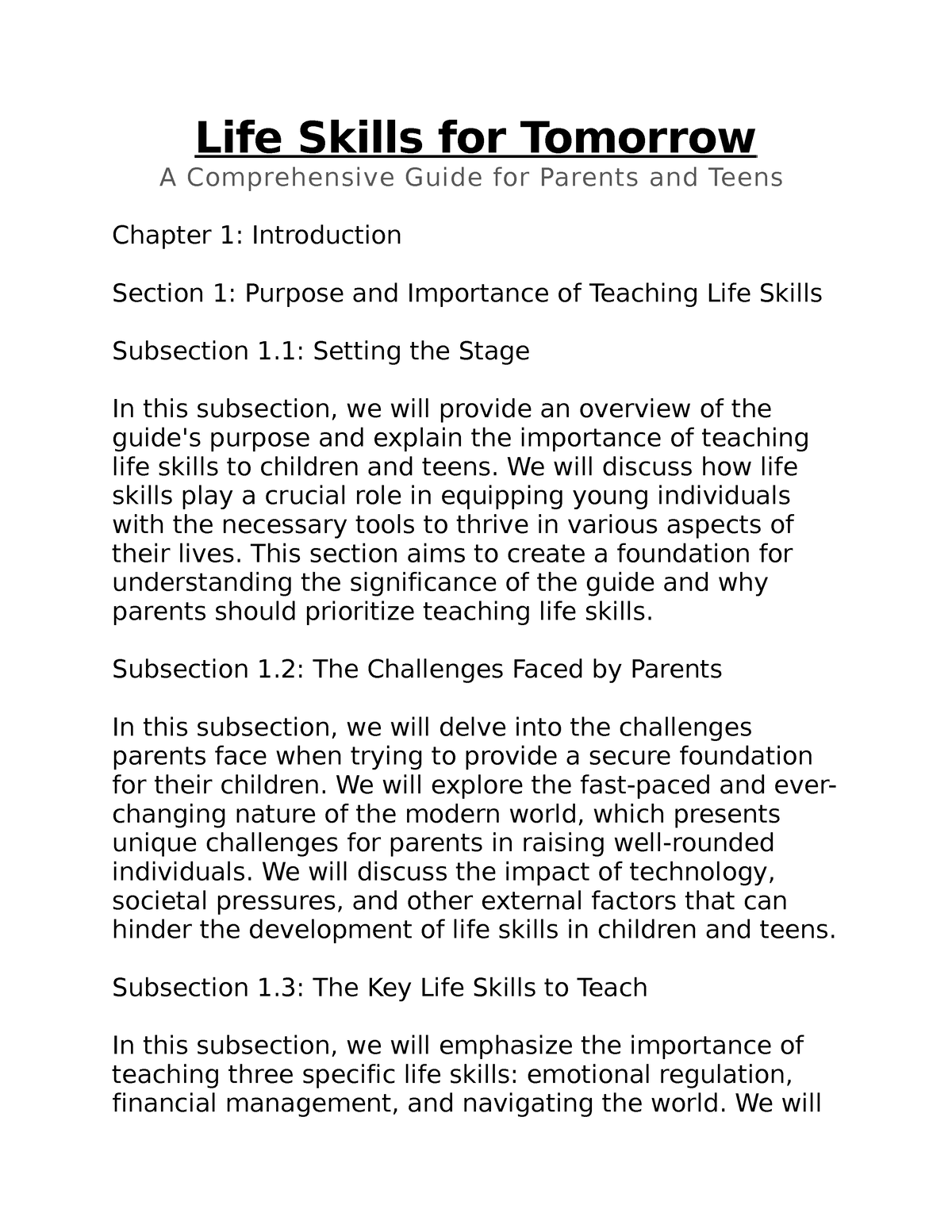 Your idea is well-structured and clearly conveys the root causes and potential solutions for educational disparities between rural and urban areas. It highlights the imbalance in resources, infrastructure, and teaching quality, while acknowledging that urban schools also face challenges. The proposed solutions—digital expansion, equitable teacher training, and adaptive learning—are realistic and progressive. Altogether, it offers a thoughtful vision for a more inclusive and equitable education system. Well done!
Your idea is well-structured and clearly conveys the root causes and potential solutions for educational disparities between rural and urban areas. It highlights the imbalance in resources, infrastructure, and teaching quality, while acknowledging that urban schools also face challenges. The proposed solutions—digital expansion, equitable teacher training, and adaptive learning—are realistic and progressive. Altogether, it offers a thoughtful vision for a more inclusive and equitable education system. Well done!



 Your idea is well-structured and clearly conveys the root causes and potential solutions for educational disparities between rural and urban areas. It highlights the imbalance in resources, infrastructure, and teaching quality, while acknowledging that urban schools also face challenges. The proposed solutions—digital expansion, equitable teacher training, and adaptive learning—are realistic and progressive. Altogether, it offers a thoughtful vision for a more inclusive and equitable education system. Well done!
Your idea is well-structured and clearly conveys the root causes and potential solutions for educational disparities between rural and urban areas. It highlights the imbalance in resources, infrastructure, and teaching quality, while acknowledging that urban schools also face challenges. The proposed solutions—digital expansion, equitable teacher training, and adaptive learning—are realistic and progressive. Altogether, it offers a thoughtful vision for a more inclusive and equitable education system. Well done!